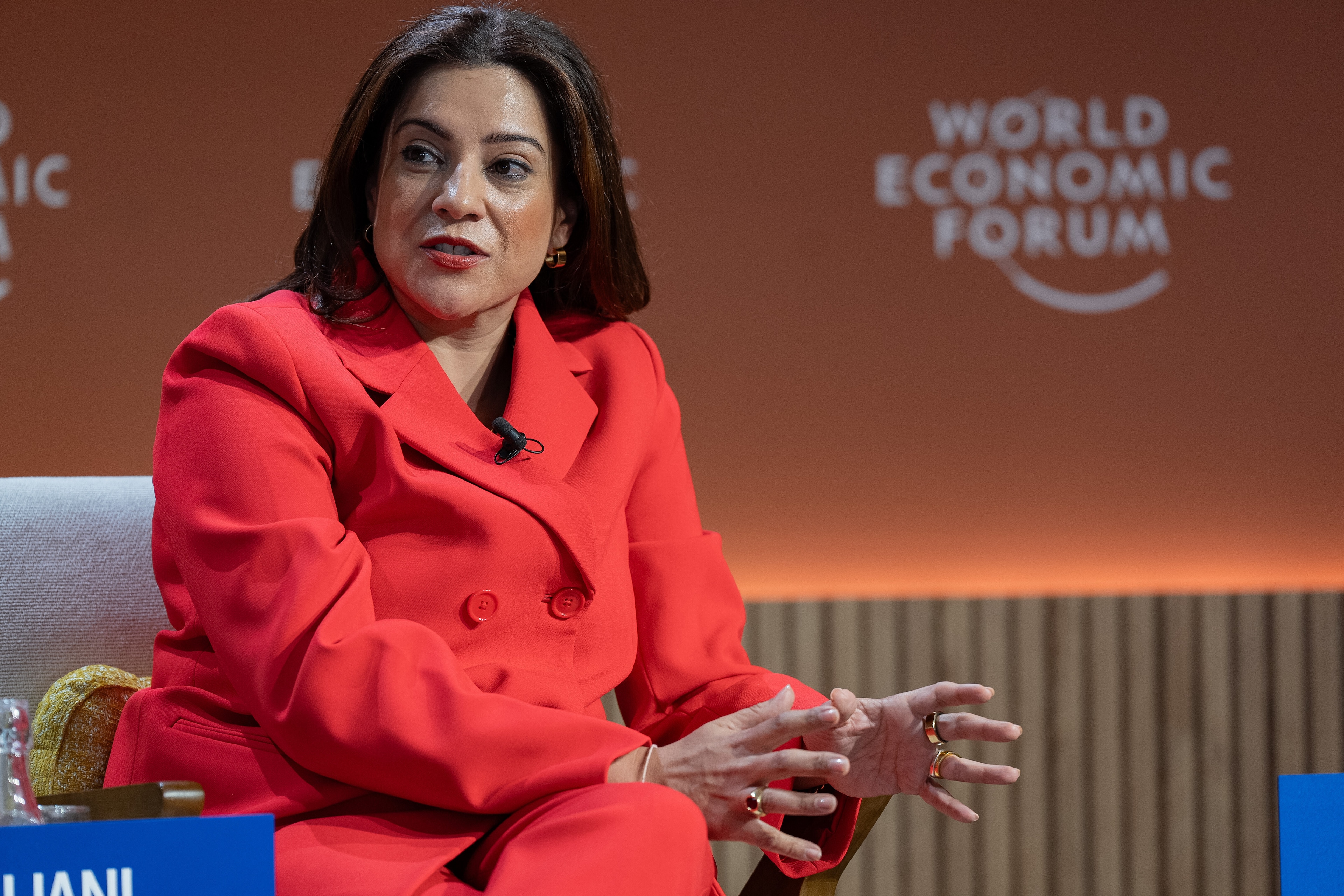Explainer: What is a living wage and how is it different from the minimum wage?

Living wage allows workers and their families to able to afford all their basic needs. Image: Unsplash/Ivan Henao

Get involved with our crowdsourced digital platform to deliver impact at scale
Stay up to date:
Fairer Economies
- The International Labour Organization has just agreed a formal definition for a living wage and endorsed living wage policies.
- Living wages aim to give workers a decent standard of living and enough pay to afford basic needs like food and housing.
- A global living wage for all workers could generate $4.6 trillion in extra GDP each year, the World Economic Forum says.
Living wage initiatives are attracting growing interest globally.
That’s why the International Labour Organization (ILO) has agreed on a formal definition for a living wage and endorsed living wage policies.
“Decent wages are central to economic and social development and to advance social justice,” the ILO said. “They also play an essential role in reducing poverty and inequality and ensuring a decent and dignified life.”
What is a living wage?
A living wage is a level of pay that gives workers and their families a decent standard of living. This includes being able to afford basic needs such as food, housing, healthcare, education, transport and clothing.
“Living wages should not be a one-size-fits-all approach and should reflect local or regional differences within countries,” the ILO says.
A living wage also means pay for normal working hours – not including overtime.
Living wages should be set using “robust data” and consultations with workers’ and employers’ organizations, the ILO adds.
Cost-of-living changes should also be reflected in regular adjustments to living wage levels.
What’s the difference between a minimum wage and a living wage?
Living wages are generally higher than minimum wages. Living wages are also voluntary – employers can choose whether to offer them – while minimum wages are required by law.
More than 170 countries have one or more minimum wages, explains the UN Global Compact.
But minimum wages aren’t always enough to have a decent living.
In some countries, minimum wages haven’t been adjusted for decades and remain below the poverty line, the ILO notes in its background report, Wage policies, including living wages.
About 18% of countries also exclude either agricultural workers, domestic workers, or both, from minimum wage regulations.
Who supports living wages?
Support for living wages is growing in countries, regions, industries, businesses and campaigning organizations.
For example, the Global Living Wage Coalition, which promotes living wage research and action, works in more than 50 countries and in industries including manufacturing, fisheries, textiles and tea.
The WageIndicator Foundation collects data on wages and work and has compiled a living wage database covering 165 countries.
The ILO says it has seen a "sharp increase" in the number of living wage initiatives as the call for living wages has gained prominence.
Many of these have been created in response to persistently low pay and in-work poverty.
The world had 585 million people defined as ‘working poor’ in 2022, including both wage and non-wage earners, the ILO estimates.
What is the Forum doing about keeping workers well?
What does a living wage mean for businesses?
Paying a living wage is becoming a priority for employers, a report last year by PwC found.
About a quarter of survey respondents in PwC’s report, Living wage: An emerging standard, said they were already paying a living wage to employees globally and another 54% said they planned to do so in the next five years.
Factors driving this include the need to attract and retain talent, rising inflation and cost-of-living pressures and emerging regulations.
For example, new rules on business conduct in the European Union require companies to report on how they will pay ‘adequate wages’ to their workers and ensure their suppliers do the same.
In a blog for the World Economic Forum, consumer goods company Unilever said living wages give businesses a competitive advantage. Benefits can include better worker engagement and productivity and improved brand image and customer loyalty.
A living wage for all
At the World Economic Forum’s Annual Meeting in Davos last year, one of the sessions, called 'A Living Wage for All' imagined a world where everyone was paid a living wage.
A globally implemented living wage could generate $4.6 trillion in additional GDP each year through increased productivity and spending, the Forum says.
One of the speakers at the event was Hubertus Heil, Federal Minister of Labour and Social Affairs in Germany, where the minimum wage had just been raised from $12.92 to $13.36 an hour.
He said: “If you work all day, you should be able to make a living. It’s hardly done, because many workers in global supply chains do not make living wages, although they often work in a difficult environment and have long working hours.” Heil added that “industrialized countries benefit from supply chains, so I firmly believe that we have a duty. We must work towards living wages around the world – not just in our country.”
Don't miss any update on this topic
Create a free account and access your personalized content collection with our latest publications and analyses.
License and Republishing
World Economic Forum articles may be republished in accordance with the Creative Commons Attribution-NonCommercial-NoDerivatives 4.0 International Public License, and in accordance with our Terms of Use.
The views expressed in this article are those of the author alone and not the World Economic Forum.
Related topics:
The Agenda Weekly
A weekly update of the most important issues driving the global agenda
You can unsubscribe at any time using the link in our emails. For more details, review our privacy policy.
More on Equity, Diversity and InclusionSee all
Kate Whiting
May 3, 2024
Annamaria Lusardi and Andrea Sticha
April 24, 2024
Claude Dyer and Vidhi Bhatia
April 18, 2024






